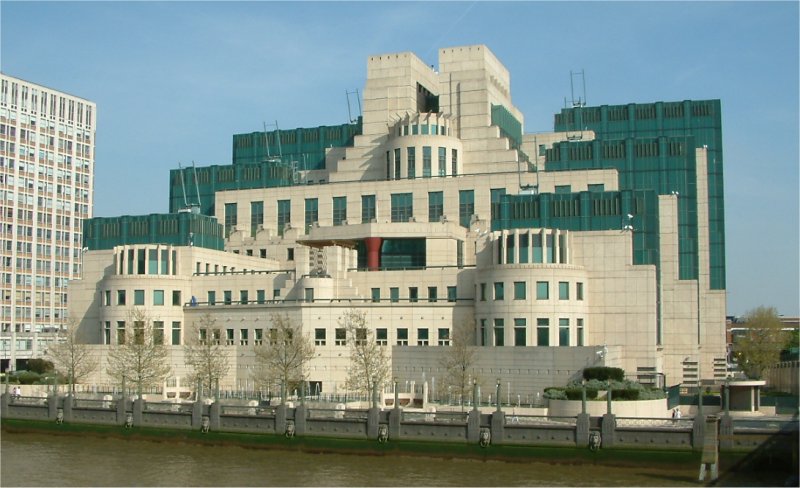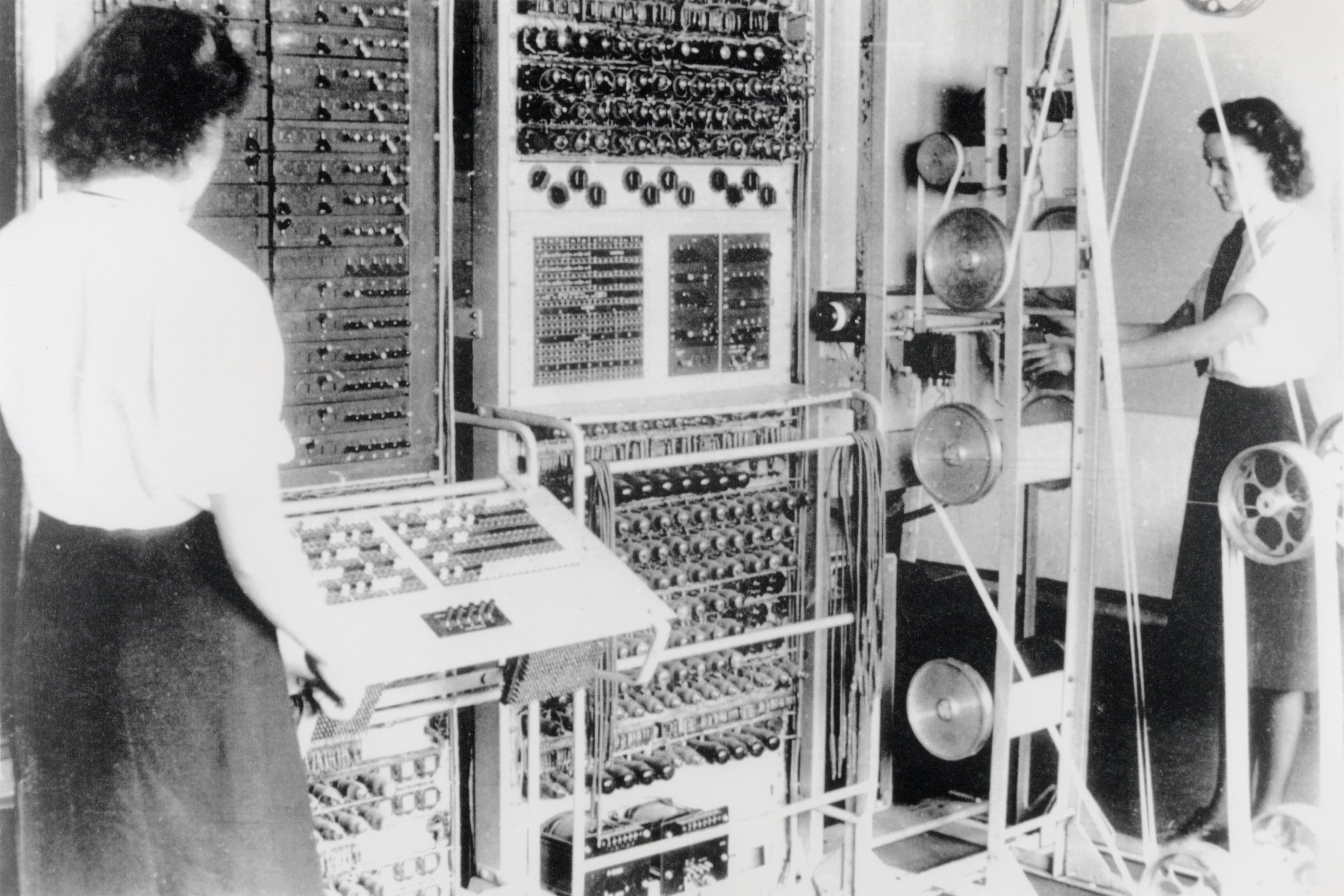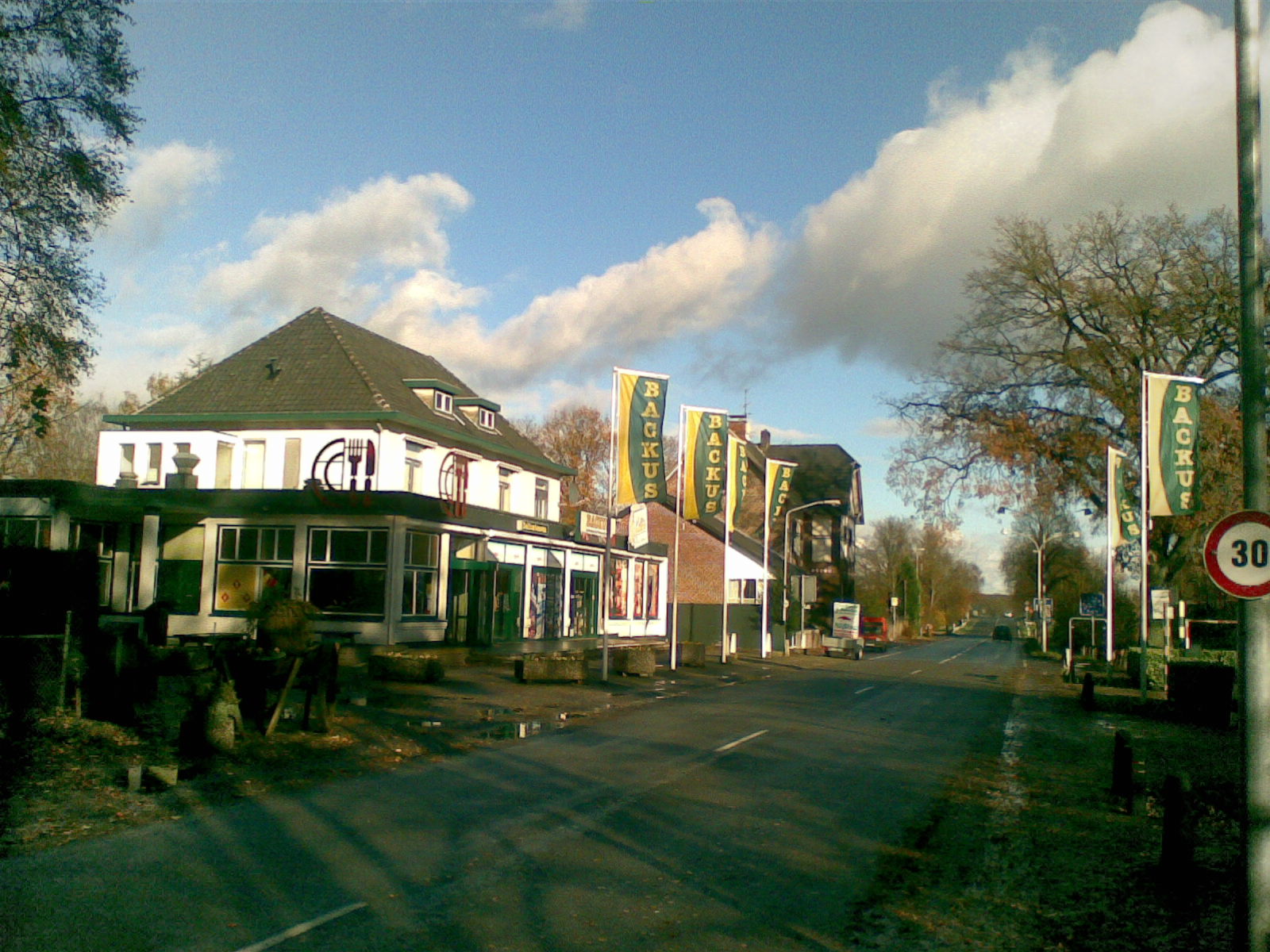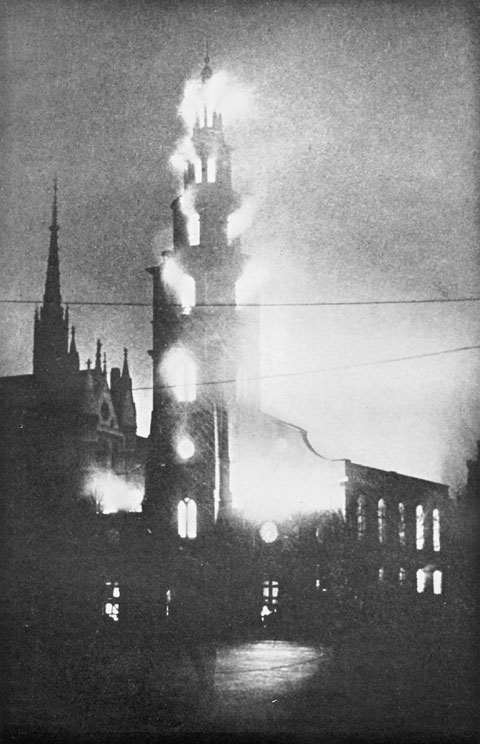Below is a list of organisations and acronyms we've come across so far.
Action Francaise - a far right political movement begun in 1899. During WW2 it supported the Vichy Regime. Kolia is killed after leaving a meeting by the leader Charles Maurras. According to Romer, Kolia had joined the movement in order to infiltrate it.
AAS (also referred to as ASS Ltd) - 'Almost an embarrassing acronym, I know, but it stands for Actuarial and Accountancy Services.'
'Very boring.'
'Exactly.' "
AAS is the unit which Romer runs, known to the outside world as Agence Nadal, then Transoceanic in USA.
'We're not really SIS to be precise, he said. 'My team - AAS - is officially part of GC&GS.' "
SIS - Secret Intelligence Service- MI6 foreign intelligence agency
SIS Headquarters. Vauxhall Cross, London
Copyright: Tagishsimon
Here's the official SIS website - has a good section on the organisation's history, and you can apply to become an intelligence officer!
GC&GS - Government Code and Cipher School. During WW2 work involved decrypting enemy messages.
Mark 2 Colossus computer, used to decrypt messages
Here's a link to the official history page of GCHQ, as it is now known.
Political Warfare department - Romer's unit, Eve supposes is part of this department, their job being ' feeding clever and clever false information out into the world - through the medium of a small Belgium press agency - and nobody really knew what the effect might be.'
Political Warfare department - Romer's unit, Eve supposes is part of this department, their job being ' feeding clever and clever false information out into the world - through the medium of a small Belgium press agency - and nobody really knew what the effect might be.'
Sicherheitsdienst - ( also SD ) intelligence agency of the nazi party. 'What a coup for the Sicherheitsdienst - they must be amazed how it was so easy to hoodwink and capture two senior British agents and whisk them across the the border.' Romer's scornful comment on lack of professionalism among British agents.
Morris also mentions them later on, after Las Cruces. He also mentions Abwehr - a German intelligence gathering agency.
NBC - National Broadcasting Company, whose headquarters are in the Rockefeller Centre, New York City. Wilbur Johnson, owner of one of the radio stations Eve runs, thinks she works for NBC.
BSC - British Security Coordination. Also operated from the Rockefeller Centre. Going under the cover of the British Passport Control Office, BSC was set up to monitor enemy activity in America, and motivate pro-British opinion with the aim of getting America to join the Allies. This they did by feeding / planting false information to the media.
The Irregulars by Jennet Conant covers this covert operation in great detail, focusing on the involvement of Roald Dahl and his circle.
Here is Jennet Conant discussing her book.
America First - a huge lobby group that campaigned against America going into WW2. It closed shortly after Pearl Harbour. One of the unit's successes is that they get an America First meeting closed by planting photographs of Hitler in the organisers' offices.
NKVD - The People's Commissariat for Internal Affairs. A law enforcement agency close to the Soviet secret police. Aleksandr Nekich was a defected NKVD Officer.
Here is a memorial site dedicated to the crimes and victims of the regime.
Tass - Telegraph Agency of the Soviet Union. Eve sometimes feeds false information to Tass correspondents.
RAF - Red Army Faction. Also referred to as Baader-Meinhof. Ruth suspects that Ludger and Ilse might be involved, especially when Ludger claims he met Andreas Baader whilst acting in porno films.
SAVAK - Organization of Intelligence and National Security. The secret police and intelligence service operating in Iran in the 1970s under the Shah. Ruth makes some unfortunate comments to Hamid about SAVAK - his brother was killed by them.





